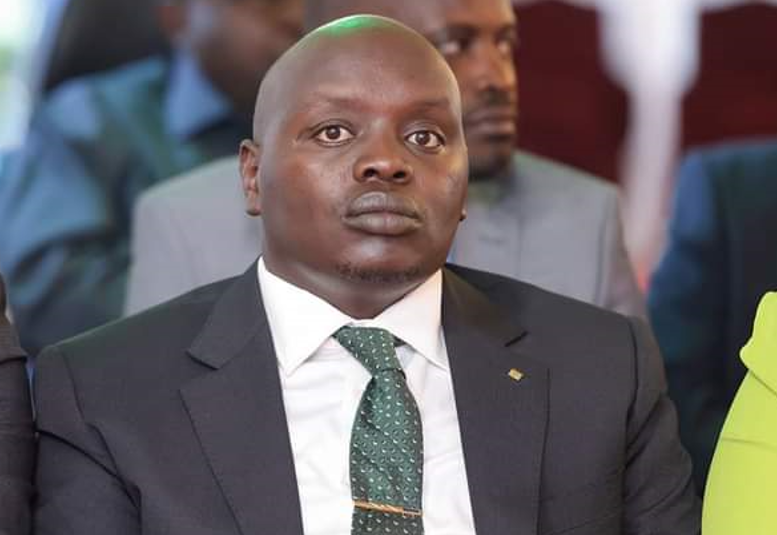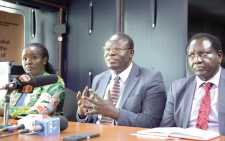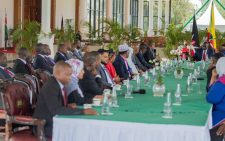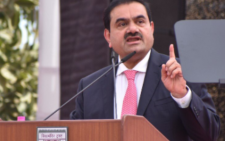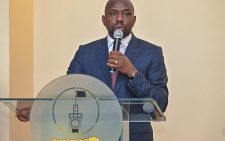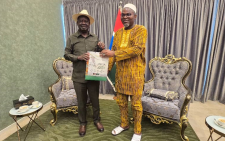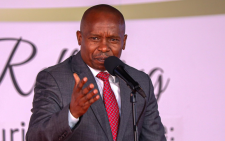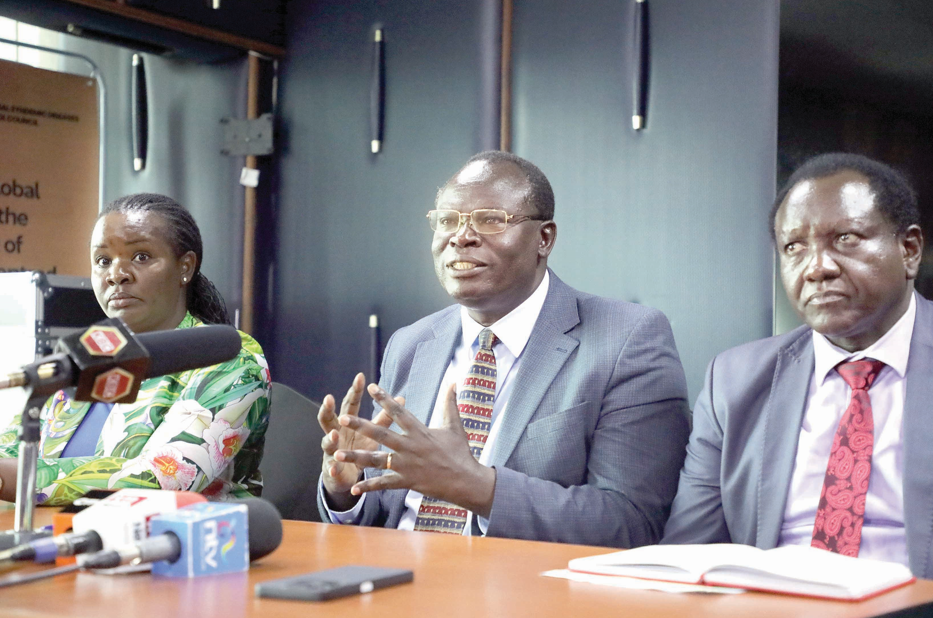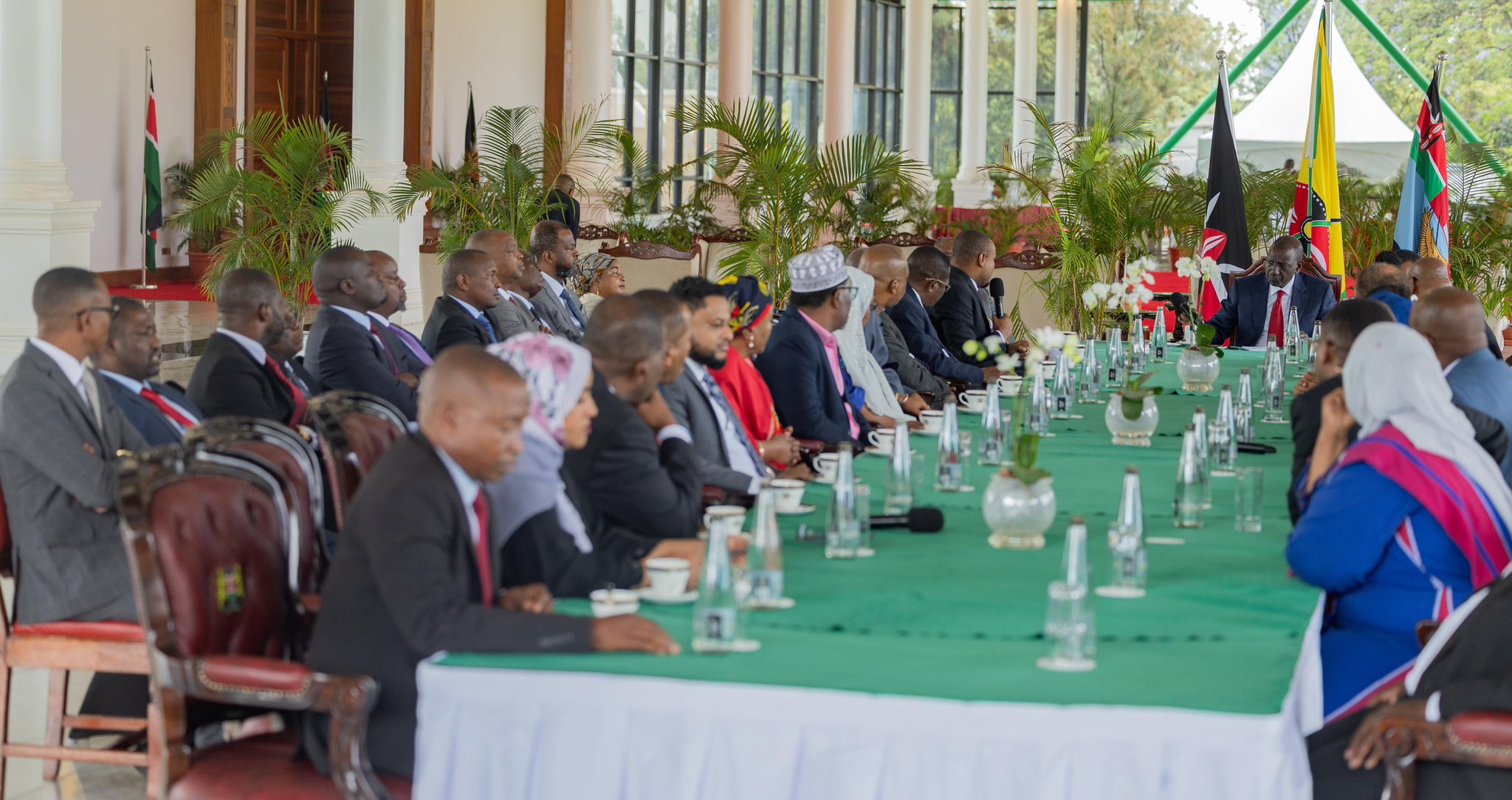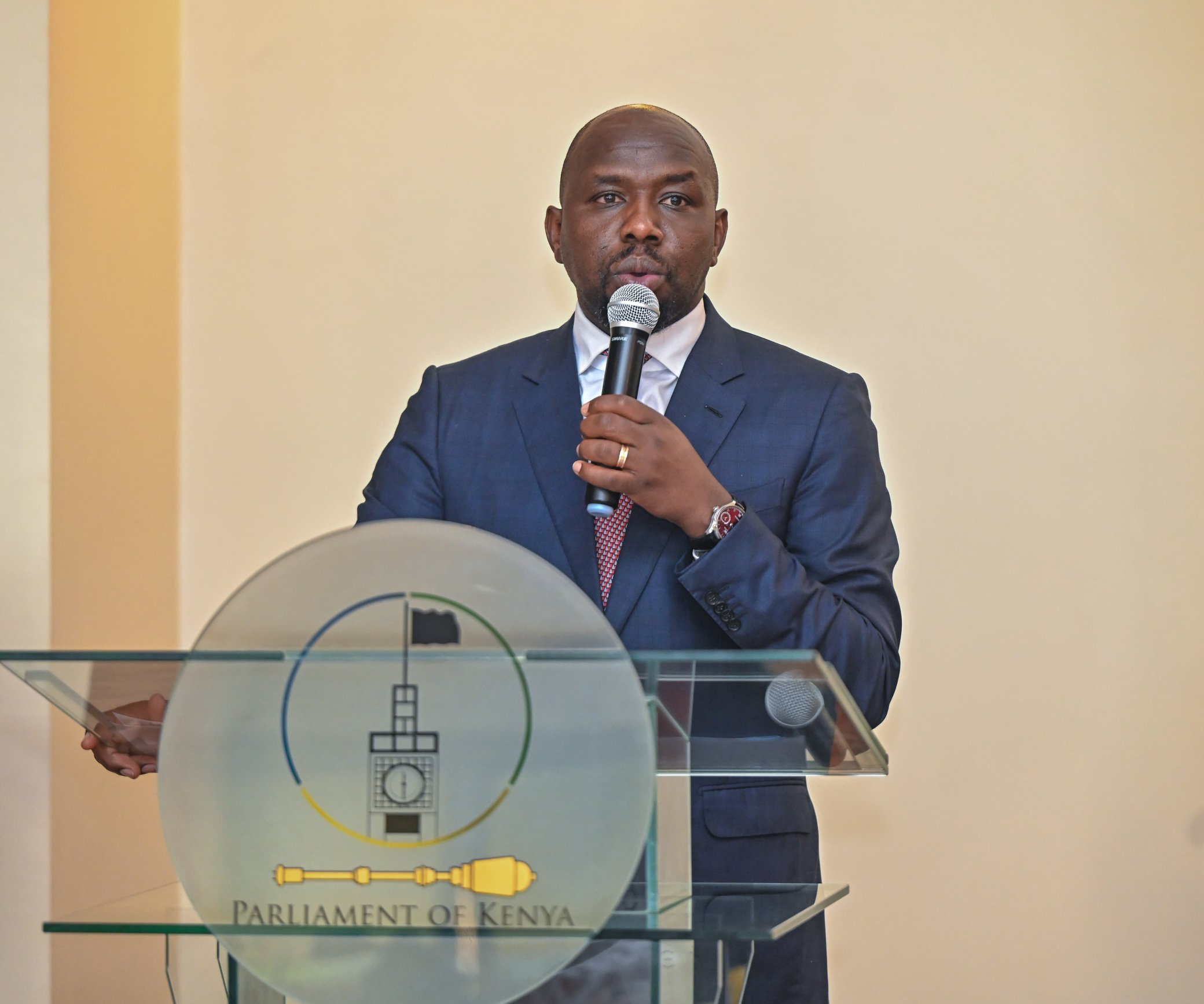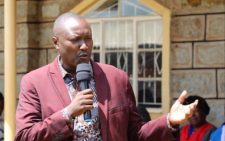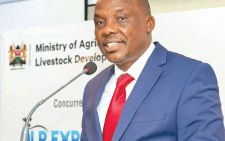The controversial proposal of extending the presidential term has popped up before us again in a bill currently before the Senate and sponsored by Nandi Senator Samson Cherargei. Though it did not come as surprise to many, the senator proposes extending a President’s term from five to seven years.
The Constitution of Kenya (Amendment) Bill, 2024, which also seeks to extend the terms of other elected leaders has been undergoing public participation before the Senate Committee on Justice and Legal Affairs.
The bill did not come as a surprise because Kenyans recall that the senator made the same proposal to the National Dialogue Committee (Nadco), thus lifting the lid on what many Kenyans had all along feared – that the Kenya Kwanza regime is contemplating to extend or abolish a President’s term to entrench itself in power.
At that time, coming from a politician perceived as a regime insider and one of its blue-eyed boys, the proposal spoke volumes and could not have been dismissed as asinine.
The nuanced move replicated a proposal in November 2022 by Fafi MP Salah Yakub to abolish the maximum two five-year presidential terms allowed by the Constitution and instead cap the age limit for presidential hopefuls at 75. He went ahead to disclose that a constitutional amendment bill was in the works to the effect.
In essence, the MP’s proposal was to pave the way for the KK regime leader, at 55 then, to potentially rule for up to 20 years. And in the same breath, ensure his then political nemesis, Raila Odinga of the Orange Democratic Movement party, was effectively barred from ever running for president again – he was 77 then.
The two-term presidential term limit was introduced in Kenya before the 1992 elections, and subsequently entrenched in the 2010 Constitution. Article 142 of Chapter 9 stipulates that the President shall hold office for a term beginning on the date of inauguration and ending when the person elected the next President is sworn in – in accordance to Article 136 (2) (a). The Constitution provides for a five-year term with the possibility of a subsequent five-year term; and that a person shall not hold office as President for more than two terms.
Constitutional experts opine that changing the presidential term limit as Cherargei’s Bill seeks, basically resets the clock and could allow incumbent William Ruto to start a fresh term in office.
When former President Daniel Arap Moi introduced term limits in 1992, he ran again for the top seat, though he had ruled the country from 1978. The repeal of Section 2A of the Constitution to make Kenya a multiparty state had enabled the introduction of term limits to the presidency. And Moi went on to rule for two terms under the repealed Constitution, from 1992 to 2002, when he finally handed over the reins of power.
Africa is replete with bids to extend presidents’ terms, where a sizeable number of incumbent leaders have attempted or managed to stay past the end of their constitutionally mandated terms. They have in so doing displayed nominal respect for their constitutions, tinkering with them when nearing or have reached the end of their prescribed terms to prolong their stay in office.
Universally, term limits are aimed at, among others minimising corruption and abuse of office; opening the government to new people and ideas; and infusing in the government more innovative and creative ways to solve national problems. But most importantly, term limits reinvigorate the country’s democracy and curb the potential for monopoly. They protect the democratic system from turning into a de facto dictatorship, and prevent the incumbent from becoming a president-for-life.
In the event Article 142 is to be amended, it will have to go beyond Parliament, as a referendum will be required for the change to be effected, as stipulated in Article 255 of the Constitution. It will need to secure the votes of two-thirds of both Houses of Parliament, and subsequently the approval of a simple majority of citizens in a referendum.
All in all, Kenyans must unite against the bill and condemn it as undemocratic – it is designed to weaken Kenya’s relatively robust democratic institutions and is an affront to the rule of law.
— The writer is the Executive Director of ODM-

